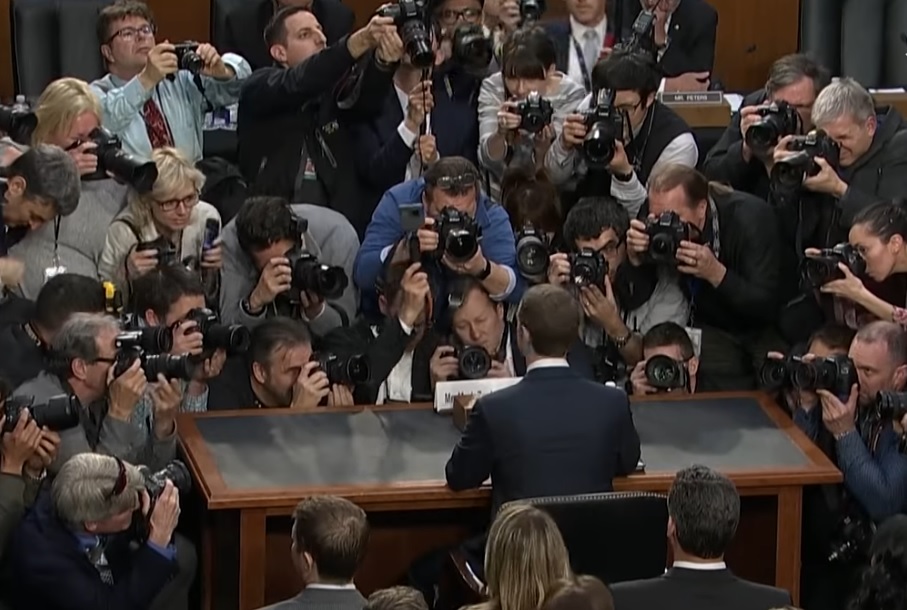 [5]
[5]
My observations from watching the Facebook CEO, Mark Zuckerberg Congressional hearings
By Allen Alley
former Oregon Business Plan Chair, Pixelworks CEO and Deputy Chief of Staff for Oregon Gov. Kulongoski.
April 11, 2018, will be remembered as the day the American Technology Industry died. It will mark the zenith of unfettered technology growth and the greatest wealth creation the world has ever seen. It will mark the day government began to strangle the goose that laid the silicon egg.
Technology companies, such as Facebook, have been allowed to flourish with little regulation. Manufacturing, agriculture, banking, finance, telecommunications and even hospitality are regulated and taxed from inception to death. Technology companies have been able to innovate and flourish in basically a free-range market. Companies such as Google, Apple, Microsoft, Cisco, Intel and Facebook have literally created a new economy. Meanwhile, traditional manufacturing and even large amounts of agriculture have either downsized, focused on higher margin niche products, or migrated to more friendly (less regulated) shores.
Think about it; when a technology company starts up, all they really need are some computers, software and good internet access. They don’t pay a tax based on how powerful their computers are or how much memory they have. There isn’t even an internet access tax or a bandwidth tax … yet. They can hire people, and given the nature of the business, employees don’t have to be located in the same city, state or country. In fact, geopolitical borders just slow technology companies down.
One could argue that the explosive growth of technology has been created by this lack of regulation. In my 30-plus years helping to build technology companies, I would have to say that America is the least regulated, first world, technology market. Is it possible that this lack of regulation is history repeating itself? It seems to mirror the Industrial Revolution and the birth of the American economy in the 18th and 19th centuries, when largely unregulated expansion created the greatest economic, political and military power in the world.
For all of the billions of dollars of net worth that has been created through technology entrepreneurship, technology executives have largely been absent from the politics of America. The April 11, 2018, Congressional hearings of Facebook CEO Mark Zuckerberg are the first shots across the bow of the largely unregulated technology industry. The statement by Congressman Billy Long (R-MO) was chilling and true, “Congress is good at two things: doing nothing and overreacting. So far, we’ve done nothing on Facebook … We’re getting ready to overreact.”
Don’t think for an instant that Republicans or Democrats are going to stand up and say, “That Zuckerberg is a fine fellow; Facebook is a great American company. We don’t need to regulate them. You constituents just need to learn how to deal with technology.”
As Glass-Steagall reformed Wall Street after the crash of 1929, the Facebook hearings are the first step to regulating the last great American industry – spurred on by public outcries of “Facebook is selling my data!” and “Facebook is weaponizing the Russians!” and “Facebook suppresses conservative messages!”
Both Republicans and Democrats have the air cover to put the noose on the goose. I expect that the legislation will be less like the Cliffs Notes-length Glass-Steagall legislation of 1929 and more like the “Atlas Shrugged”-length Dodd-Frank Wall Street Reform Act of 2010. And because technology executives and companies have been largely apolitical, politicians won’t be cutting a major source of their campaign funds. Kill the goose!
The question then for the last great American industry, led by titans like Zuckerberg, is this – will they fight or will they simply put on their hoodies, hop in their Gulfstreams, and fly away in a flock?